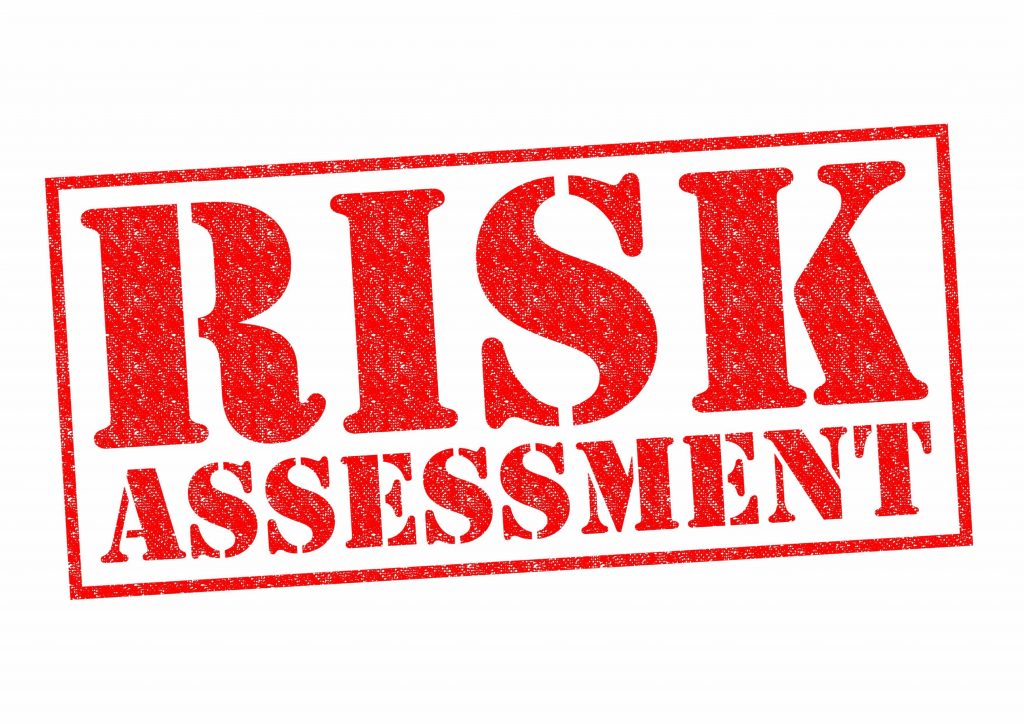Risk assessment – two words that a Facilities Manager may hear often but members of staff might recoil in fear or apathy! But what if they knew these two words were the key to the age old question, how often should PAT testing be carried out? With advances in technology and updates to the Code of Practice, risk assessment becomes an integral part of the electrical testing process.
The Electricity at Work Regulations 1989 require that any electrical equipment that has the potential to cause injury is maintained in a safe condition. However the regulations do not specify what needs to be done, by whom or crucially how frequently. The frequency of inspection and testing depends upon the type of equipment and the environment it is used in. For example, a drill used on a construction site should be examined more frequently than a PC cable in an office.
The environment has a significant impact on the regularity of testing. However it is not just the environment that effects testing, other considerations such as how often the electrical item is used or moved around are important. And one way to determine how that affects the deterioration of an electrical item and therefore the safety is by using risk assessment.
Who should carry out a risk assessment to establish a PAT testing schedule?
According to the law an employer must ensure that their electrical equipment is maintained in order to prevent danger. In the newer addition of the 4th Edition IET Code of Practice, it specified that the duty holder is responsible for risk assessments but that they can get help from a competent person.
Dutyholders often enlist the services of a specialist PAT testing company to undertake this alongside the actual PAT testing. However, some dutyholders undertake training themselves to Competent Person level, in order to carry out these assessments and tests themselves.
Is risk assessment now an important part of PAT Testing?
Yes. The 4th Edition of the IET Code of Practice for in-service inspection and testing of electrical equipment has more focus on the importance of using risk assessments to determine the frequency of testing intervals. From p.49 of the IET Code of Practice a risk assessment is defined as:
“A systemic process of evaluating the potential risks that may be involved in a projected activity or undertaking, considering what could go wrong and deciding on suitable control measures to prevent loss, damage or injury in the workplace. An assessment should include any controls required to reduce, minimize or eliminate any risk.”
What are the variables that a risk assessment takes into account for PAT testing?
It is recommended that an employer takes a risk-based approach, considering the type of equipment and what it is being used for. For instance if an item is used regularly and moved a lot, e.g a kettle, fan, charger or an extension lead, it is likely it will need to be tested more regularly than a fridge/freezer. There are many factors that need to be considered when carrying out risk assessments that may affect the final recommended retest date for an appliance.
These could include things like:
- The environment
- The type of user
- The class of equipment – Class I or Class II
- The type of equipment
- The frequency of use
- The type of installation method
- Previous records
Taking a risk based approach gives employers confidence that they are doing what is necessary to help them meet their legal duties.
How are risk assessments carried out to establish PAT testing frequencies?
Electrical testing equipment manufacturer, Seaward, have developed the Apollo 600 which has built-in risk assessment tools for any workplace hazard and a variety of testing and inspection reports including portable appliance testing, fire detection and alarms and emergency lighting. Intersafe offer a risk based approach when it comes to all their PAT testing services.
Intersafe are specialists in electrical testing including PAT testing and the risk assessment based approach to establish the frequency of testing. For more information or to ask a question email info@intersafe.complii.com or call 02380 610101.




